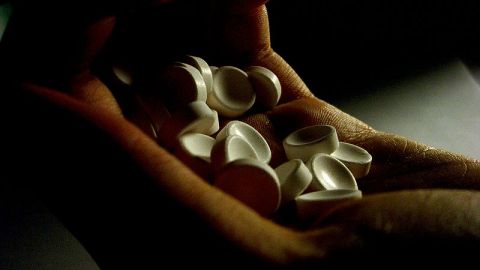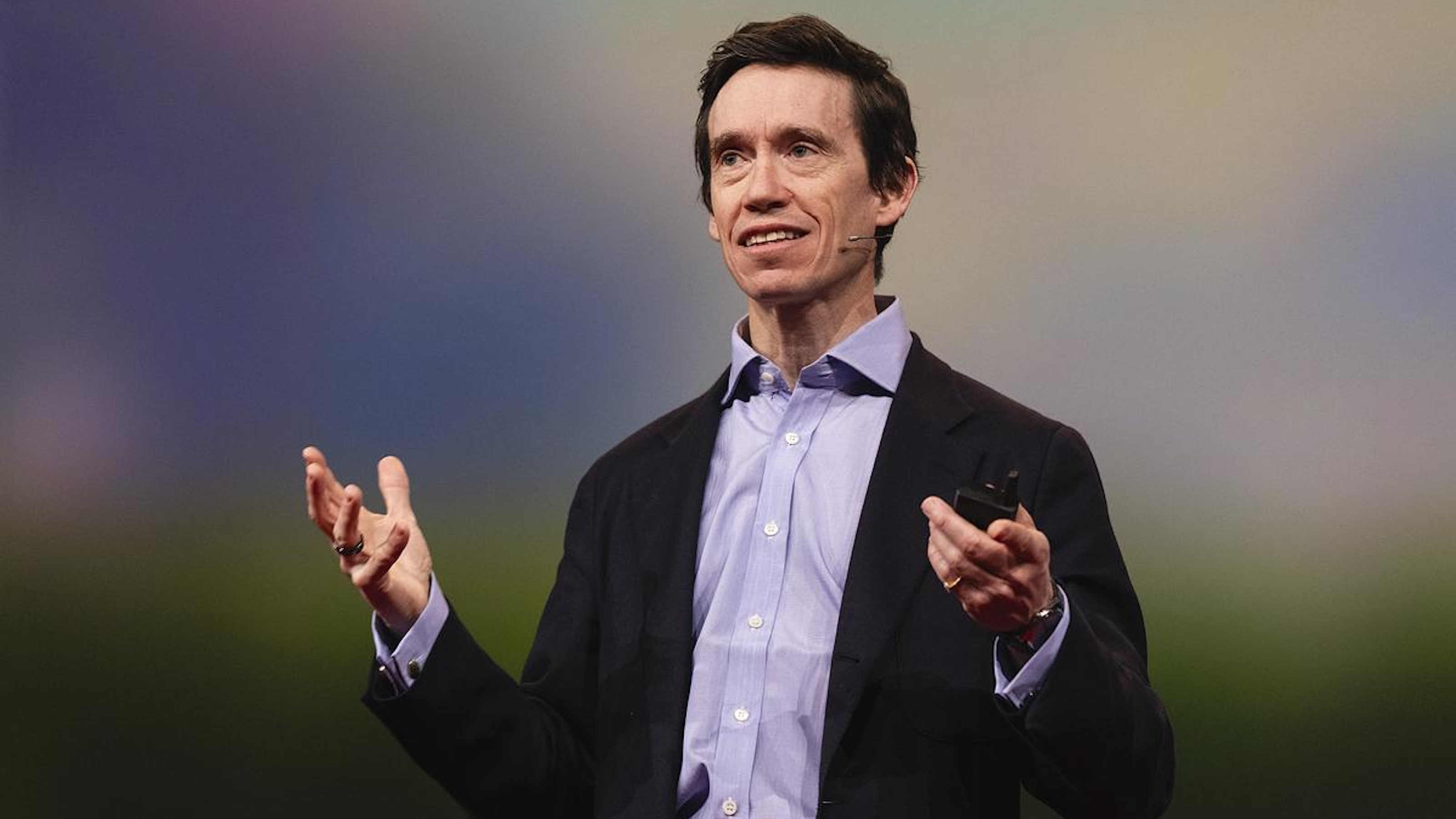Bitter Pills: The Media and Healthcare

The press didn’t just do a lousy job of explaining the stakes during the healthcare debates, they failed us on a much more fundamental level.
According to the Columbia Journalism Review‘s Trudy Lieberman, the complexity of the topic notwithstanding, media coverage of the healthcare reform efforts was woefully confusing and unenlightening. Lieberman describes the ways in which, throughout the months of heated debate, the media “failed to illuminate the crucial issues, quoted special interest groups and politicians without giving consumers enough information to judge if their claims were fact or fiction, did not dig deeply into the pros and cons of the proposals, and gave tons of ink and air time to the same handful of sources.” As the debate over healthcare unfolded, journalists continued to get their information about proposed reforms from the agents of the insurance and pharmaceutical companies and the politicians in their pockets, and, as a result, these “stakeholders” largely shaped the discussion of one of the most important pieces of legislation in generations.
But as media commentator Rory O’Connor argues, the healthcare industry may be using the media to set the agenda in more insidious ways as well. O’Connor explains that the “US is one of only two countries in the world—along with New Zealand—that permits direct-to-consumer (DTC) advertising of prescription drugs” and that the money these ads bring in is “a rare bright spot in an otherwise dismal downward revenue spiral for media of all types.” When the pharmaceutical companies join the ad game, they have to start turning a profit, they have to peddle their wares, maybe they have to start advertising drugs that people don’t actually need, just as people don’t really “need” all the things they see in ads, no matter how much the advertisers want them to believe otherwise. But not only are the pharmaceutical companies allowed to advertise on TV and in magazines, they get a tax break for those ads. And as O’Connor reports, “every dollar the industry spends on DTC advertising yields an additional four dollars in drug sales…billions of dollars in total.” The industry makes billions off the ads, so why does the government cut them the tax deal? It can’t be so that they can lower the drug costs, since as Bernadine Healy reminded us earlier this month, “for virtually every medical service or product, Americans pay more” than their counterparts in every other country in the developed world (check out Marcia Angell’s older article, “The Truth About the Drug Companies,” for a more in depth look into how this plays out for drug costs). But more importantly for our purposes: when the media companies are dependent on the advertising money of the healthcare industry, or any other industry, the wall that should separate journalistic fairness from concerns over funding starts to crumble.





